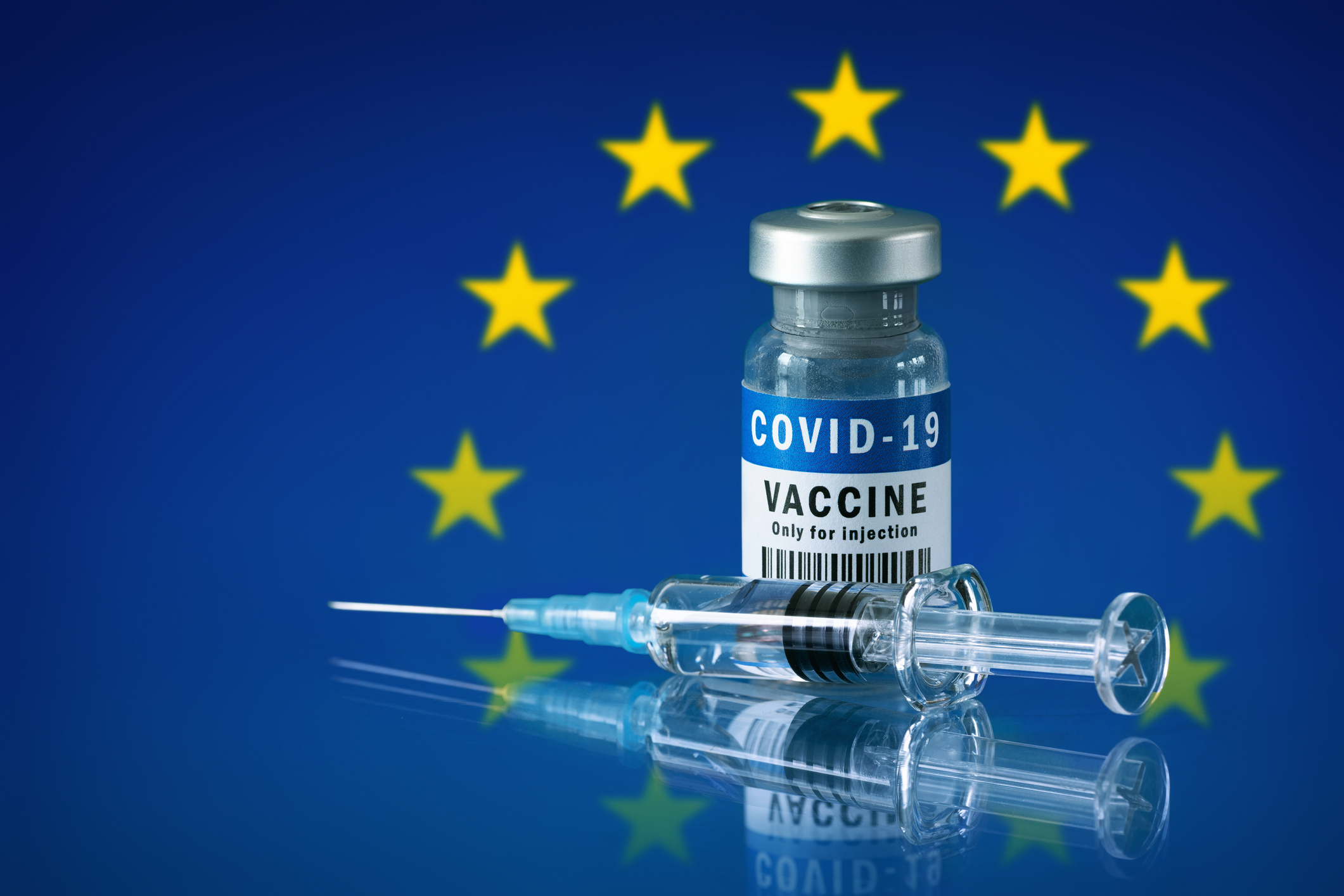
Vaccines to peak in Europe, where Spain is the exception
In Europe, the rate of vaccination has started to slow. First, it was Germany and Poland and later, Italy and France. But there is an exception: Spain is…
Vaccination has proven to be the only solution to curb deaths from COVID-19.
However, as is already the case in the United States, in Europe, the vaccination rate has begun to slow down. First, it was in Germany and Poland and later, Italy and France. But there is an exception: Spain is getting out more vaccines than ever.
The European Union (EU) objective was to reach 70% of the population with the two doses by the end of the summer. Now, experts point out that in the middle of the fifth wave of infections and the delta variant on the rise, it may be necessary to reach 80 or 90% to guarantee the so-called herd immunity.
Germany is also studying measures to get its citizens vaccinated. From putting 950,000 out doses every day, now they barely reach 600,000.
While it and France rule out requiring the vaccination of nursing home staff, Greece has given workers until Sept. 1 to get vaccinated. Whoever does not may be fired.
Europe remains the world leader in vaccines at the moment, surpassing the United States in first doses administered. In fact, it exports more than half of the vaccines produced on its soil, while the United States keeps all its production.
In Spain, the population is in favor of vaccines and its free public health system — paid through taxes — has been organized to offer vaccines to all citizens in age groups.
RELATED CONTENT
For this reason, measures are not being made necessary to promote vaccination as in France or Italy, where the vaccination certificate is already required to enter the inside of bars and restaurants.
Each region of the country has been contacting its inhabitants through text messages according to their age or advising them that they could make an appointment online.
Right now, vaccinations are already available for those over 16 years of age. Even in some places, like Catalonia, buses have been installed that vaccinate everyone who shows up without the need for proving identity. In Germany, for example, it has not been organized like this and its citizens have to make an appointment at some of the vaccination centers, or in private clinics.
The anti-vaccination movement does not have the same force in Spain as in other countries.
In Italy, in 2019 there were several outbreaks of measles. 65.5% of Spaniards over 65 were vaccinated against influenza in 2020, while 54% were in Italy and 39% in Germany. This is due to a serious polio epidemic that occurred in Spain at the end of the 70s and that stopped the rise of the movements against vaccines that began to spread in other European countries.
In addition to being public, the health system is widespread and reaches all corners of the country. On the other hand, Germany does not have a public primary care system nor has it digitized the medical records of its patients, which Spain has done, where citizens can consult all their reports and diagnoses through an app.











LEAVE A COMMENT: